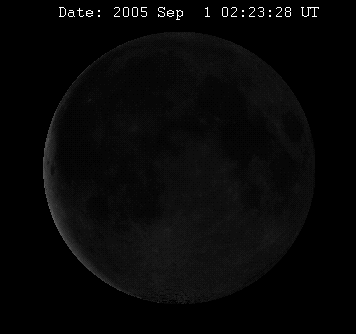Introduction to the Planets/Introduction


Introduction
[edit | edit source]The first view most people have of a planet, other than our own, is glancing up into the western sky after sunset and seeing Venus, the brightest object in our night skies (excluding the moon). You will also, almost certainly, have seen Jupiter, even if you did not know it, as it is the third brightest object in the night sky after Venus and Luna (the moon). When looking at the night sky you can tell a planet from a star because planets "twinkle" much less when compared to stars, but if you live in a badly light-polluted area you may struggle to even notice that difference. If you do live in a large city you can still try observing the moon, and with a pair of binoculars you will be able to pick out a lot of detail on its surface.

The major planets' surfaces and those of their larger satellites have been revealed, using both huge telescopes and spaceprobes. We now have a clear understanding of both the surfaces and the atmospheres of dozens of other worlds.

If you choose to study this introduction to the planets you will get an overview of all of the planets as well as the processes that formed them. Planetary science combines mostly geology and meteorology with some physics and astronomy.

After looking in the next section at an overview of the Solar System, we will look at each of the planets, as well as the Moon, asteroids, and the Kuiper belt (including the newly ‘demoted’ Pluto). As with this page, the course includes as many images as possible to illustrate the points.
Something to Note
[edit | edit source]Although this "lesson" is listed as part of the Astronomy Department, it also links to the Geology Department, and there is a definite distinction between astronomy and planetary science. Planetary Science sees each planet as a world in its own right and treats it as a unique entity. Astronomy when it looks at planets, tends to see them as merely adjuncts to stars. This does not, however mean that there is a huge gulf between planetary science and astronomy, there is a lot of overlap, but they are not exactly the same thing.

Activity 1
[edit | edit source]Introduction to the Planets Activity 1
